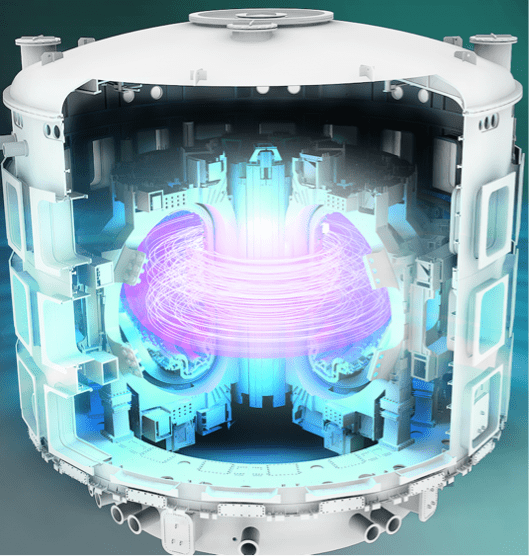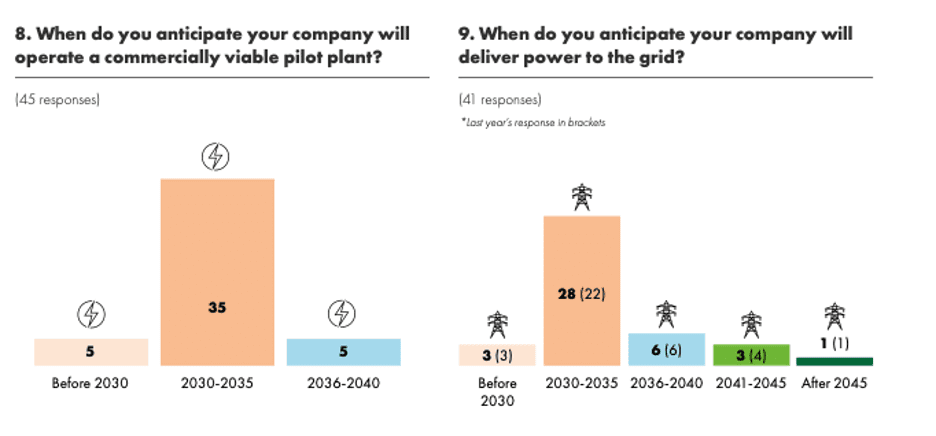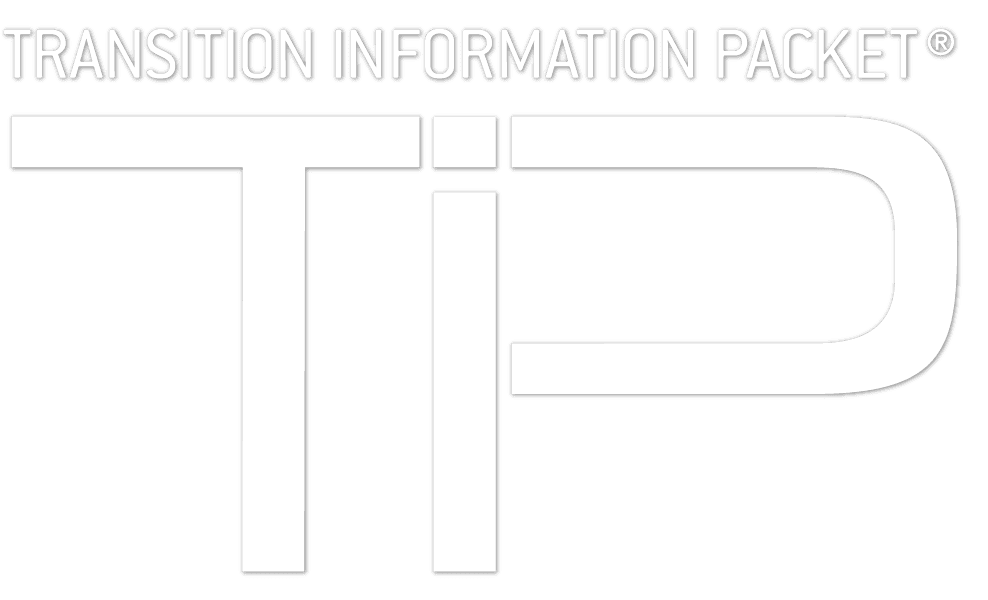In-space manufacturing (ISM) encompasses the production and assembly of goods in space, beyond the earth’s atmosphere, to create products such as artificial retinas, tissues, structures and parts, advanced materials, semiconductors and many others. As space exploration ventures further from Earth, the logistical challenges and associated costs associated with resupply missions and repairs become increasingly cost prohibitive. By reducing reliance on Earth-based supply chains, ISM could enhance the flexibility of future space missions. In this article, we provide a snapshot of the status ISM and identify funding opportunities that small businesses can consider as they pursue research and development (R&D) funding for technology development.
Valued by MarketsandMarkets at $4.6 billion in 2030, the in-space manufacturing market is expected to expand exponentially to $62.8 billion by 2040, with a compound annual growth rate (CAGR) of 29.7%. A McKinsey analysis suggests that R&D and manufacturing is approaching reality. The anticipated growth can be attributed to factors such as technological advancements in enabling technologies like 3D printers and bio-printers, space robotics for assembly and automation, and the miniaturization of hardware. Additionally, the growing demands of the space industry, heightened interest in space-based R&D manufacturing, and availability of funding for in space manufacturing contribute to this projected growth.
Factories in Space has compiled a list of over 200 companies engaged in this market, spanning emerging startups to well-established aerospace and defense entities. According to MarketsandMarkets, the key players in this sector include Airbus SAS, Northrop Grumman Corporation, Blue Origin LLC, Sierra Space Corp., Redwire Corporation, Axiom Space, Inc., Astroscale Holdings, Inc., Astrobotic Technology, Inc., Orbit Fab, Inc., Astra Space, Inc., Le Global Graphene Group, Inc., Virgin Galactic Holdings, Inc., Momentus Space, Inc., and others. Other notable small companies include Varda Space Industries Inc., LambdaVision, CisLunar Industries, Auxilium Biotechnologies, Space Forge, Inc., Dcubed, Lunar Resources, Inc. and Faraday Technology, Astral Materials, and many others.
Advanced technology firms often require funding to advance the maturation of their technology. Funding opportunities are available in the form of non-dilutive funding sources from the federal government and various states. NASA’s In-Space Production Applications program (InSPA) is an applied research and development program sponsored by NASA and the International Space Station National Lab aimed at demonstrating space-based manufacturing and production activities by using the unique space environment to develop, test, or mature products and processes that could have an economic impact. On an annual and ongoing basis, NASA releases two calls for white papers from U.S. entities through Special Focus Area #1 (In Space Production Applications) of the NASA Research Announcement NNJ13ZBG001N, “Research Opportunities for International Space Station Utilization.” Companies with the highest-rated white papers are subsequently invited to submit a comprehensive proposal. Other programs such as the Small Business Innovation Research (SBIR) and Small Business Technology Transfer (STTR), administered by 11 federal agencies can help de-risk early-stage in space manufacturing ventures. Through competitive awards, the SBIR and STTR enable small businesses to explore their technological and commercialization potential. To be eligible for the SBIR/STTR program, a company must be a United States-based, for-profit, small business with 500 or fewer employees, at least 51% U.S.-owned and controlled. Additionally, States also offer financial assistance to small companies in the form of grants, loans, and investments, as well as networking opportunities.
Upcoming events for networking in 2026, include the following conferences:
- Space Tech Expo USA, Anaheim Convention Center, California, June 3 – 4, 2026
- 12th IAA Symposium on Future Space Exploration, June 9-11, 2025, Torino, Italy
- ASCEND 2026, May 19–21, Washington, D.C
- Earth & Space 2026 Conference, April 13 to 16, 2026, Texas A&M University in College Station, Texas.







